An important Great War D.S.O., Second World War O.B.E. group of twelve awarded to Colonel J. B. Brady, Southern Rhodesia Forces, late King’s Royal Rifle Corps: he commanded the original “Rhodesian Platoon” of 3rd Battalion, K.R.R.C. in the Great War, founded the Royal Rhodesia Regiment and, by his unopposed motion before the Rhodesian Parliament in August 1939, brought his country into the 1939-45 War in support of Great Britain Distinguished Service Order, G.V.R., silver-gilt and enamels; The Most Excellent Order of the British Empire, O.B.E. (Military) Officer’s 2nd type breast badge; Queen’s South Africa 1899-1902, 4 clasps, Cape Colony, Orange Free State, Transvaal, South Africa 1901 (Lieut., C.in C. Bgd.); 1914-15 Star (Capt., K.R. Rif. C.); British War and Victory Medals, M.I.D. oak leaf (Lt. Col.); 1939-45 Star; Africa Star; War Medal 1939-45; Jubilee 1935; Territorial Decoration, G.V.R., ‘Southern Rhodesia’, the reverse inscribed, ‘Lieut. Col. John Banks Bardy, D.S.O.’; French Croix de Guerre 1914-1918, mounted court-style as worn, the first with slightly chipped enamel work, otherwise generally good very fine (12) £1800-2200 Footnote D.S.O. London Gazette 4 June 1917. O.B.E. London Gazette 2 June 1943. John Banks Brady was born in Ireland in November 1875 and was educated at Middleton College and Trinity College, Dublin. On the outbreak of hostilities in South Africa, he volunteered for the elite 45th (“Irish Hunt”) Company, 13th Battalion, Imperial Yeomanry, was subsequently commissioned into the Commander-in-Chief’s Bodyguard, and served in Kitchener’s Fighting Scouts. Remaining in South Africa at the end of the Anglo-Boer War, Brady made rapid progress in his chosen profession in education, becoming Headmaster of Grey College, Bloemfontein in the Orange River Colony and, in 1909, Chief Inspector of Schools in Southern Rhodesia. He also found time to establish himself as an enthusiastic member of the Rhodesian Volunteers, and on learning of the outbreak of hostilities in August 1914, immediately sailed for the U.K. Rapidly commissioned as a Lieutenant on the Special List, and appointed a Captain just as quickly in the 6th Battalion, King’s Royal Rifle Corps, Brady was eventually given command of No. 16 Platoon, ‘D’ Company of the 3rd Battalion - otherwise known as the “Rhodesian Platoon” - and landed with it in France in December 1914. In the following year he won the first of four “mentions”, transferred to the 2nd Battalion and was gassed that September at Loos. He was again mentioned in despatches and detached to a Brigade H.Q. In 1917, however, he returned to frontline duties, won a D.S.O., the French Croix de Guerre and a further “mention”, and joined the 1st Battalion that September. Less than a month later he was appointed the Battalion’s 2nd in command and, in January 1918, held overall command in the rank of Temporary Major. But in the following March he was wounded in the action at Le Sars, and evacuated to the U.K. Yet again, however, in July 1918, Brady returned to France, where he rejoined the 1st Battalion prior to taking command of the 4th Battalion as a Temporary Lieutenant-Colonel towards the end of the year. During this latter tenure of command, he regularly led reconnaissances to ensure the best possible outcome for his men, not least at the River Escaut, between Marquincourt Farm and Quincamp Mill, in early October 1918, and again at the crossing of the River Selle later that month. He was again mentioned in despatches. On resigning in March 1920, in the honorary rank of Lieutenant-Colonel, Brady returned to Rhodesia to pursue his career in education, firstly as Senior Inspector of Schools, and afterwards as Headmaster of Milton School at Bulawayo, one of the largest seats of learning in the country. He also maintained his links with the military establishment, commanding the Bulawayo Military District when the defence system was re-organised, and sitting on the Southern Rhodesia Council for Defe
An important Great War D.S.O., Second World War O.B.E. group of twelve awarded to Colonel J. B. Brady, Southern Rhodesia Forces, late King’s Royal Rifle Corps: he commanded the original “Rhodesian Platoon” of 3rd Battalion, K.R.R.C. in the Great War, founded the Royal Rhodesia Regiment and, by his unopposed motion before the Rhodesian Parliament in August 1939, brought his country into the 1939-45 War in support of Great Britain Distinguished Service Order, G.V.R., silver-gilt and enamels; The Most Excellent Order of the British Empire, O.B.E. (Military) Officer’s 2nd type breast badge; Queen’s South Africa 1899-1902, 4 clasps, Cape Colony, Orange Free State, Transvaal, South Africa 1901 (Lieut., C.in C. Bgd.); 1914-15 Star (Capt., K.R. Rif. C.); British War and Victory Medals, M.I.D. oak leaf (Lt. Col.); 1939-45 Star; Africa Star; War Medal 1939-45; Jubilee 1935; Territorial Decoration, G.V.R., ‘Southern Rhodesia’, the reverse inscribed, ‘Lieut. Col. John Banks Bardy, D.S.O.’; French Croix de Guerre 1914-1918, mounted court-style as worn, the first with slightly chipped enamel work, otherwise generally good very fine (12) £1800-2200 Footnote D.S.O. London Gazette 4 June 1917. O.B.E. London Gazette 2 June 1943. John Banks Brady was born in Ireland in November 1875 and was educated at Middleton College and Trinity College, Dublin. On the outbreak of hostilities in South Africa, he volunteered for the elite 45th (“Irish Hunt”) Company, 13th Battalion, Imperial Yeomanry, was subsequently commissioned into the Commander-in-Chief’s Bodyguard, and served in Kitchener’s Fighting Scouts. Remaining in South Africa at the end of the Anglo-Boer War, Brady made rapid progress in his chosen profession in education, becoming Headmaster of Grey College, Bloemfontein in the Orange River Colony and, in 1909, Chief Inspector of Schools in Southern Rhodesia. He also found time to establish himself as an enthusiastic member of the Rhodesian Volunteers, and on learning of the outbreak of hostilities in August 1914, immediately sailed for the U.K. Rapidly commissioned as a Lieutenant on the Special List, and appointed a Captain just as quickly in the 6th Battalion, King’s Royal Rifle Corps, Brady was eventually given command of No. 16 Platoon, ‘D’ Company of the 3rd Battalion - otherwise known as the “Rhodesian Platoon” - and landed with it in France in December 1914. In the following year he won the first of four “mentions”, transferred to the 2nd Battalion and was gassed that September at Loos. He was again mentioned in despatches and detached to a Brigade H.Q. In 1917, however, he returned to frontline duties, won a D.S.O., the French Croix de Guerre and a further “mention”, and joined the 1st Battalion that September. Less than a month later he was appointed the Battalion’s 2nd in command and, in January 1918, held overall command in the rank of Temporary Major. But in the following March he was wounded in the action at Le Sars, and evacuated to the U.K. Yet again, however, in July 1918, Brady returned to France, where he rejoined the 1st Battalion prior to taking command of the 4th Battalion as a Temporary Lieutenant-Colonel towards the end of the year. During this latter tenure of command, he regularly led reconnaissances to ensure the best possible outcome for his men, not least at the River Escaut, between Marquincourt Farm and Quincamp Mill, in early October 1918, and again at the crossing of the River Selle later that month. He was again mentioned in despatches. On resigning in March 1920, in the honorary rank of Lieutenant-Colonel, Brady returned to Rhodesia to pursue his career in education, firstly as Senior Inspector of Schools, and afterwards as Headmaster of Milton School at Bulawayo, one of the largest seats of learning in the country. He also maintained his links with the military establishment, commanding the Bulawayo Military District when the defence system was re-organised, and sitting on the Southern Rhodesia Council for Defe







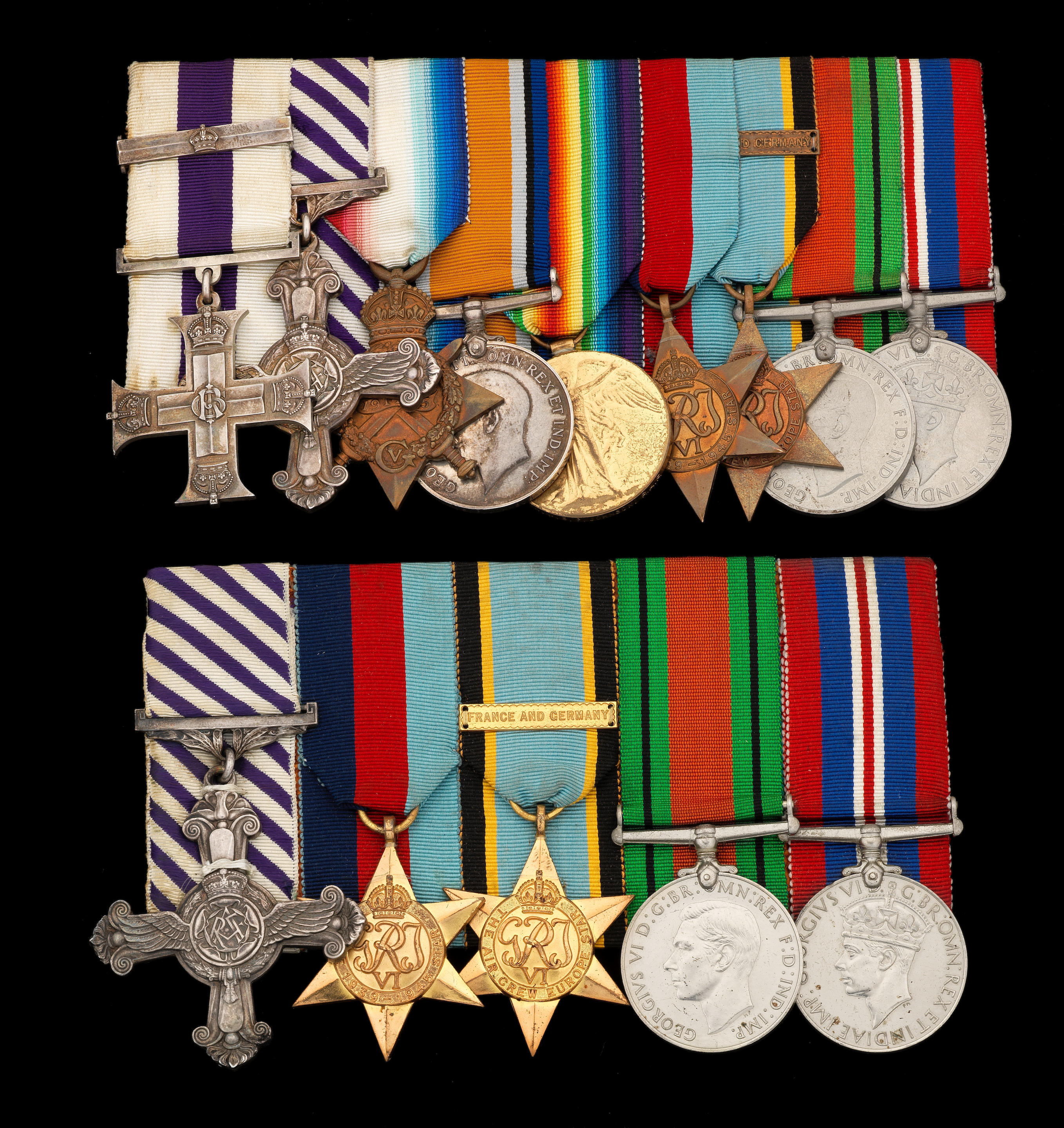

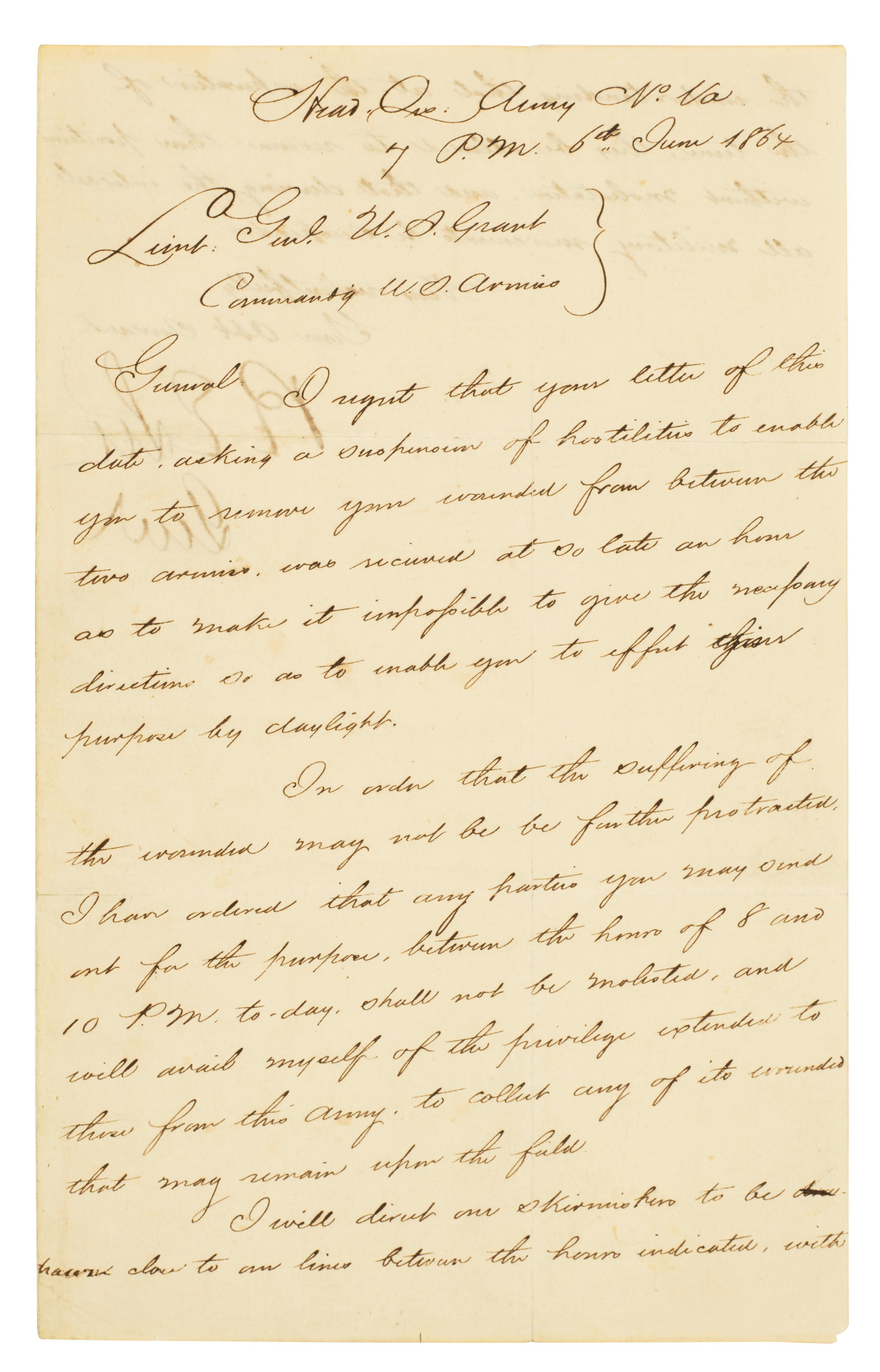

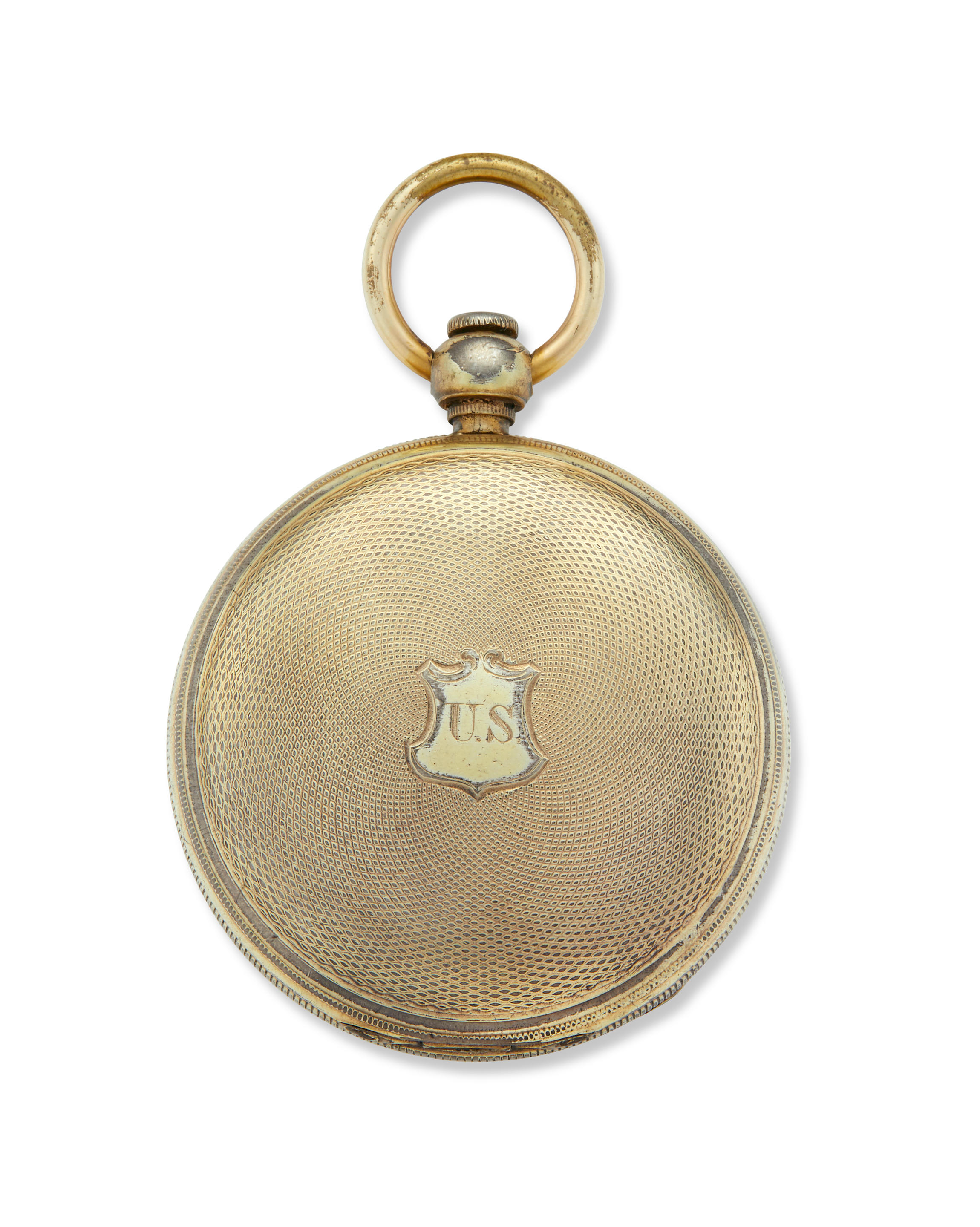
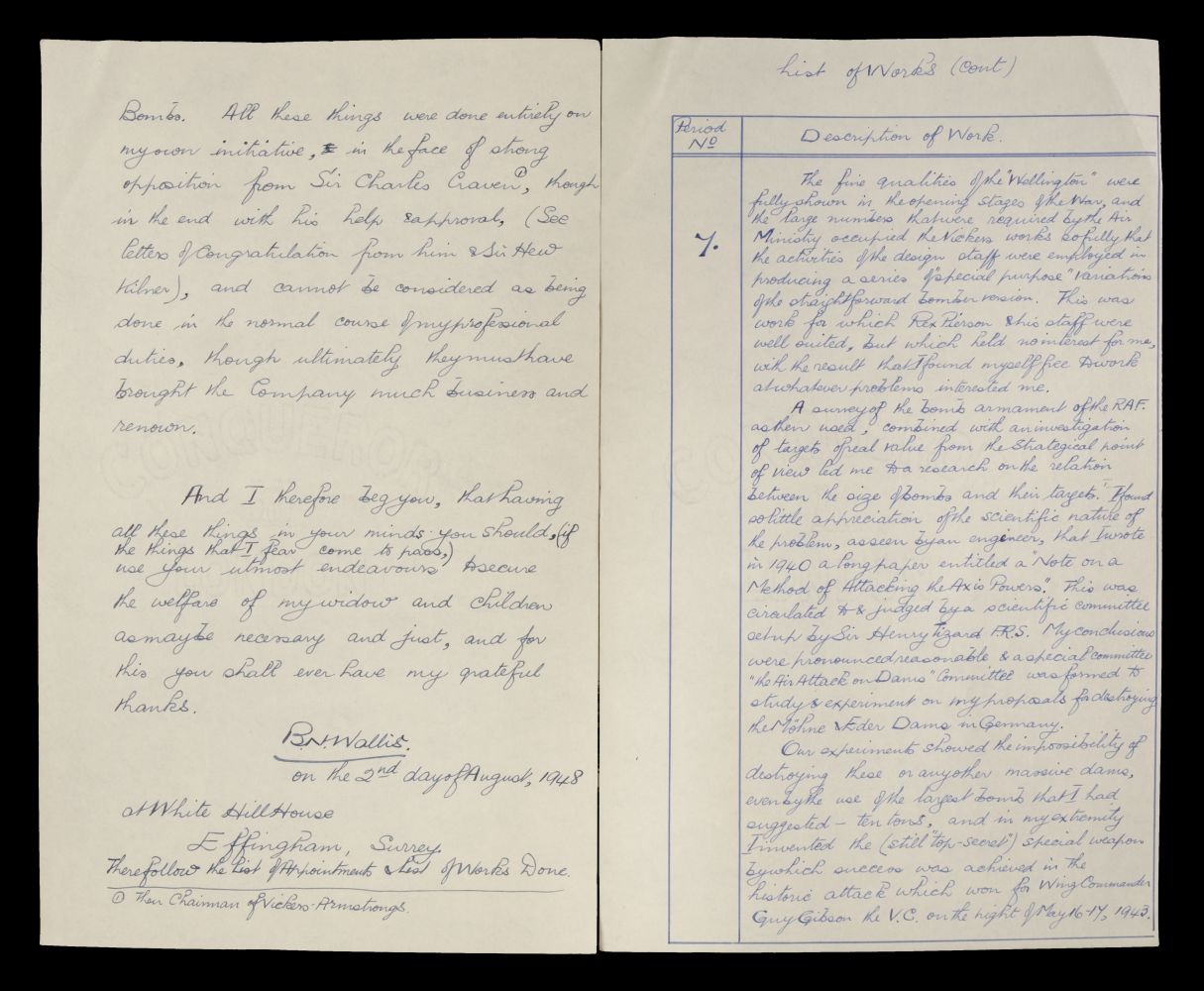
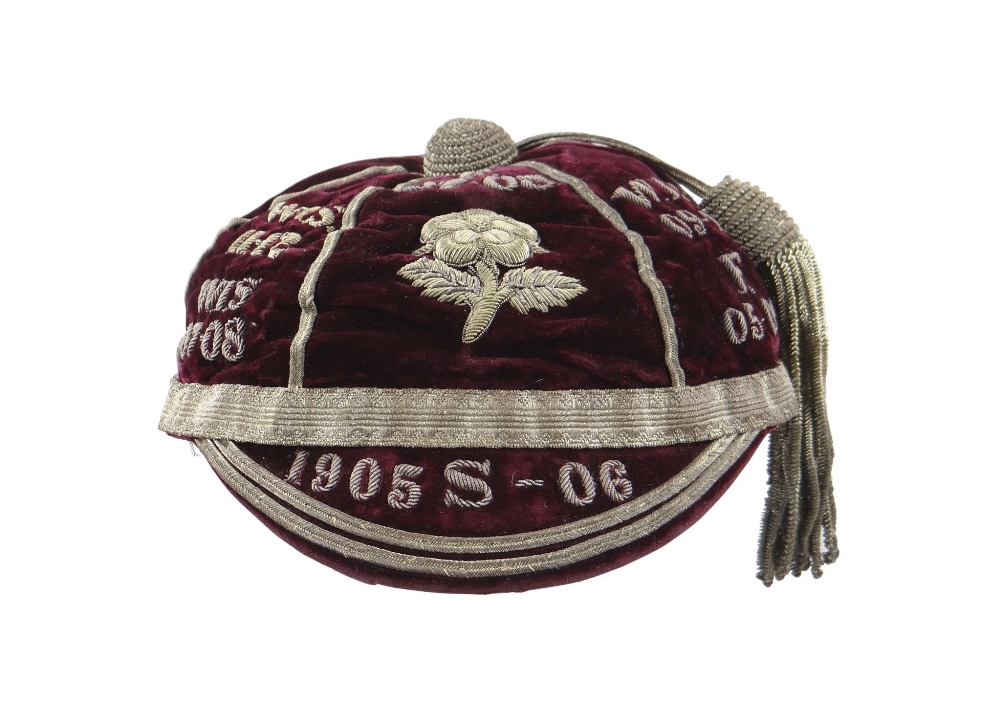
/121324/Internet%20Image%201.jpg)
Testen Sie LotSearch und seine Premium-Features 7 Tage - ohne Kosten!
Lassen Sie sich automatisch über neue Objekte in kommenden Auktionen benachrichtigen.
Suchauftrag anlegen